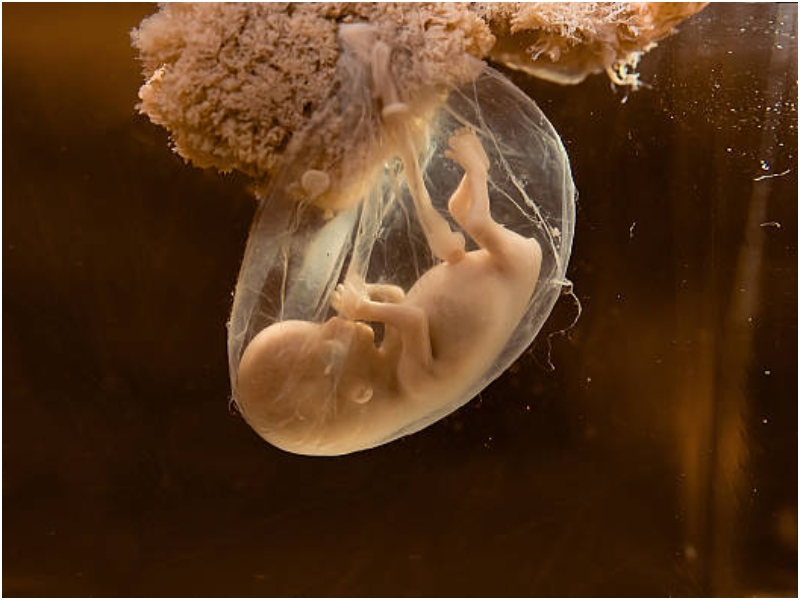The recent ruling from the Alabama Supreme Court declaring frozen embryos as children and holding individuals liable for their destruction has sent shockwaves through the realm of reproductive medicine in the United States.
This landmark decision not only impacts the future of in vitro fertilization (IVF) treatments in Alabama but also raises significant legal and ethical questions with broader implications nationwide.
Why Did This Lawsuit Occur?
The case stems from a wrongful death lawsuit brought by three couples whose embryos were lost at a fertility clinic in 2020.
A patient had wandered into the place where the embryos were stored, handled them, and accidentally dropped them. As a result, the embryos were destroyed.
The couples sought to sue the Center for Reproductive Medicine and the Mobile Infirmary Association under the state’s Wrongful Death of a Minor Act. That law covers foetuses, but did not specifically cover embryos resulting from IVF.
A lower court had ruled that the embryos did not qualify as a person or child, and that a wrongful death lawsuit could not move forward.
But in its ruling, the Alabama Supreme Court sided with the couples, and ruled that frozen embryos were considered “children”.
The wrongful death law applied to “all unborn children, regardless of their location”, the decision said.
Concurring with the majority opinion, Chief Justice Tom Parker wrote: “Even before birth, all human beings have the image of God, and their lives cannot be destroyed without effacing his glory.”
Let’s delve into the key takeaways from this ruling:
- Legal Recognition of Embryos as Children
The court’s classification of frozen embryos as “children” under the state’s wrongful death law represents a seismic shift in legal interpretation. This designation carries profound implications for reproductive rights and medical practices, as it extends legal protections to embryos stored in fertility clinics.
- Impact on IVF Practices
The ruling has cast uncertainty over the legality and viability of IVF procedures in Alabama.
Healthcare providers have responded by suspending IVF services, fearing potential legal repercussions and regulatory challenges. This development underscores the urgent need for clarity and guidance in navigating the complex legal landscape surrounding reproductive medicine.
- Concerns About Reproductive Freedom
Reproductive advocacy groups warn that the court’s decision could erode reproductive freedoms and limit access to fertility treatments.
By equating embryos with children, the ruling threatens to restrict individuals’ autonomy over their reproductive choices and medical decisions.
- Intersection with Abortion Debate
The ruling amplifies the ongoing debate over abortion rights and fetal personhood. It aligns with the anti-abortion movement’s efforts to extend legal protections to embryos and fetuses, thereby challenging the principles established in Roe v. Wade.
This convergence of legal and ideological battles underscores the far-reaching ramifications of reproductive healthcare decisions.
- Potential Legislative and Judicial Ramifications
While the ruling is specific to Alabama, its implications reverberate across the nation. States may consider similar legislation or face legal challenges seeking to redefine the legal status of embryos.
The decision’s ultimate impact on US politics remains uncertain but could galvanize both Democratic and Republican factions around reproductive rights issues.
The Alabama Supreme Court’s ruling on frozen embryos marks a significant milestone in the evolving landscape of reproductive law and ethics.
As stakeholders grapple with its implications, the need for nuanced dialogue, legislative action, and judicial scrutiny becomes increasingly apparent. Stay tuned as this consequential legal saga unfolds and shapes the future of reproductive medicine in America.

